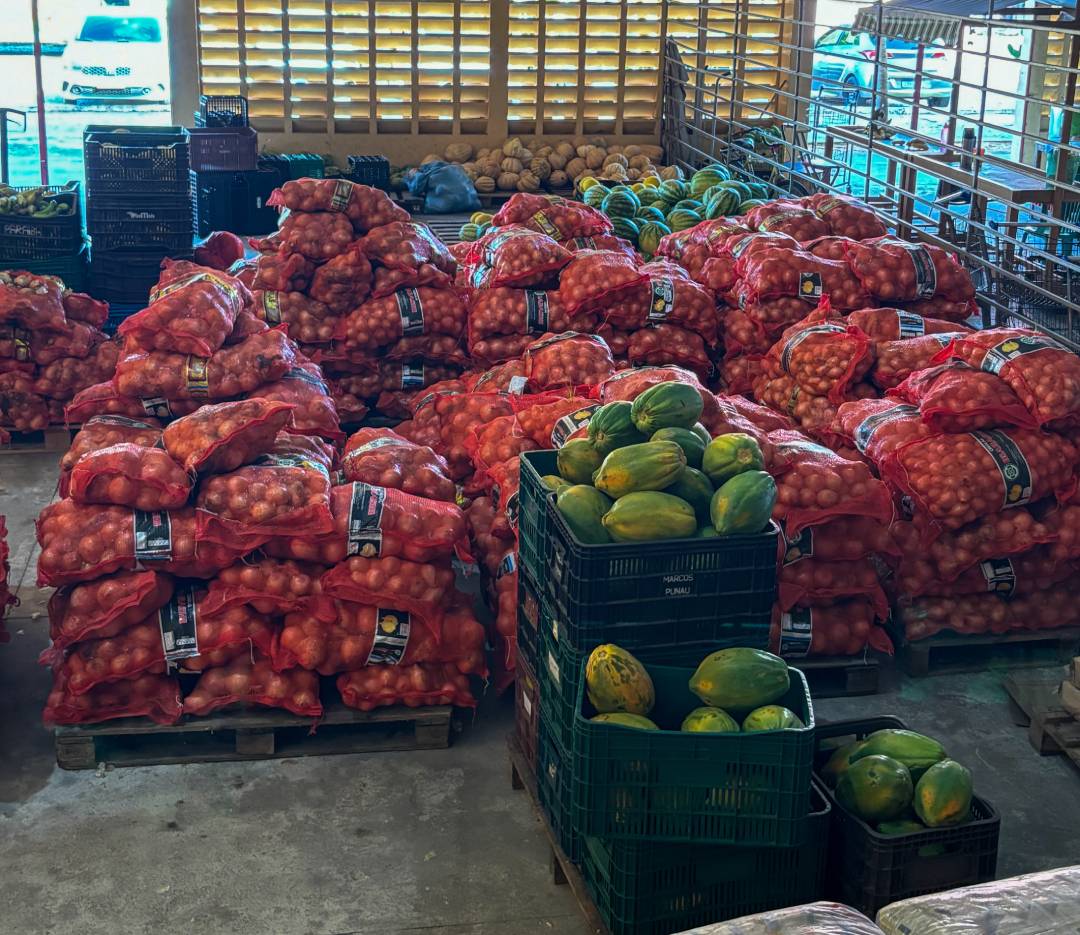
The participation of farmers’ cooperatives in international procurement was the theme of the online presentation by Daniel Balaban, WFP representative in Brazil, on the first day of the international workshop on the Role of Family Farming Cooperatives in the Context of COP 30, held by the National Union of Family Farming and Solidarity Economy Cooperatives (UNICAFES) in Belém (PA), between 19 and 21 August.
The event brings together representatives from governments, international organizations and rural movements to discuss the role of family farming cooperatives in the face of the climate crisis.
In a panel entitled “Market Access and Fair Trade for Cooperatives”, Balaban highlighted that the WFP is the world’s largest purchaser of food for distribution to populations in emergency situations, such as armed conflicts and climate disasters. However, Brazil accounts for only 0.4% of WFP purchases.
“We want more Brazilian producers and cooperatives to participate in the auctions that the WFP holds around the world. We encourage dialogue so that Brazil, one of the world’s largest food producers, can show what it has to offer. To this end, we are promoting seminars and workshops that show how producers can register to become WFP suppliers,” he said.
The event in Belém brought together guests and experts from various fields to reinforce the role of cooperatives as agents of economic, social and environmental transformation, as well as highlighting the need to include family farming in a structured manner in climate negotiations leading up to COP 30, which will be held from 10 to 21 November 2025, also in Belém.
During the workshop, strategic topics such as inclusive bioeconomy, climate finance, just transition, gender equality, rural youth, food security and international cooperation are being discussed by experts from various countries.
The programme also includes the participation of family farming leaders from Brazil and around the world, such as representatives from the Rio Branco Indigenous Peoples’ Cooperative (RO), the UNICAFES Confederation, the World Farmers’ Organization and the World Rural Forum.




